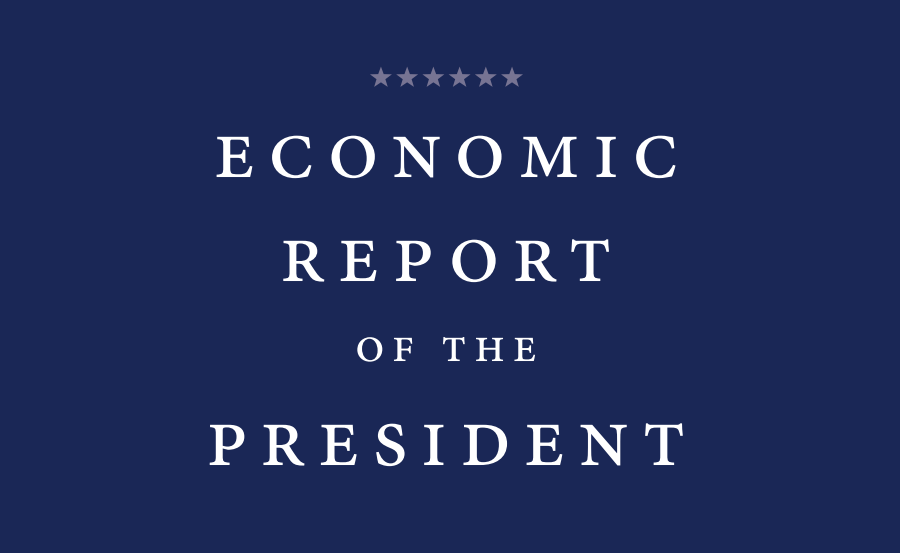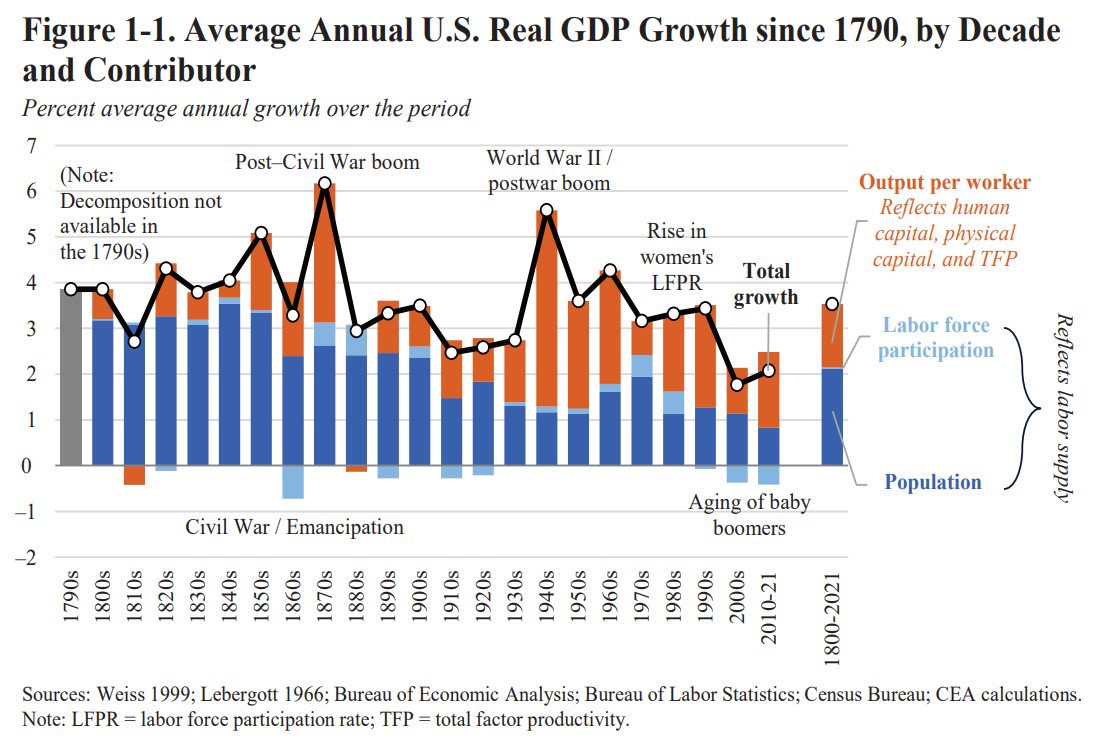
The recently published Economic Report of the President, an annual publication by the Council of Economic Advisers, has drawn significant attention to the world of cryptocurrencies. This year’s report, published in March 2023, includes an entire chapter on digital assets and “economic principles.” In this chapter, the White House expresses concerns about the impact of cryptocurrencies, such as Bitcoin, on consumers, the financial system, and the environment.
The report comes amidst growing industry apprehension that federal regulators might clamp down on companies involved in blockchain, NFTs, and even artificial intelligence applications. While the report does not directly address these concerns, its tone does little to alleviate them. The focus on digital assets in the report is substantial, especially when compared to other areas of financial services that have arguably caused more damage in recent weeks. This highlights the increasing importance of emerging technologies like blockchain and Web3 in the current economic landscape.
Reactions to the Report
The report has generated mixed reactions within the cryptocurrency industry. Some view it as a “damning indictment of the space,” while others argue that the report’s broad scope and definitive tone merit a more nuanced interpretation. One must consider the context in which the report was written and the range of topics it covers. Despite highlighting potential risks associated with cryptocurrencies, the report also acknowledges the possible benefits of digital assets, such as financial inclusion and innovation in the sector.
Analyzing Crypto Industry Claims
The White House report delves into various claims made by the crypto industry, including the potential for cryptocurrencies to serve as investment vehicles, payment tools, and infrastructure. The report takes a critical stance, arguing that many of these assets lack fundamental value and have not yet delivered on their promises. It contends that, although some proponents claim cryptocurrency assets can improve payment systems, increase financial inclusion, and create new mechanisms for distributing intellectual property and financial value, a closer examination reveals a more complicated picture. So far, the report asserts, cryptocurrency assets have not provided any of these benefits.
Crypto Disasters and Fraud
The report goes on to cite a number of examples of disasters within the cryptocurrency sector, such as the TerraUSD collapse, BitConnect, and FTX, to illustrate the potential harm to everyday Americans. It also points to more subtle frauds, such as the case of Long Island Iced Tea changing its name to Long Blockchain to ride a stock price wave despite not having anything to do with blockchain technology at the time. These instances demonstrate the potential dangers of an unregulated or loosely regulated crypto market, where unsuspecting investors may be exposed to significant risks.

Centralized Internet and FedNow
While discussing the potential benefits and drawbacks of cryptocurrencies, the report briefly argues that a centralized internet is more manageable and user-friendly, quoting Signal creator Moxie Marlinspike. It also addresses the forthcoming FedNow network, a real-time payment system that could provide significant benefits to vulnerable segments of the population. The report suggests that the introduction of FedNow might reduce the need for circulating digital money, as Federal Reserve governor Michelle Bowman commented in August 2022 that FedNow could address the issues raised by some regarding the need for a Central Bank Digital Currency (CBDC).
Future of Crypto and Regulation in 2023
Despite outlining numerous concerns associated with cryptocurrencies, the report acknowledges that distributed ledger technology could still find productive uses in the future for both government entities and private companies. It recognizes that some crypto assets appear to be here to stay, but also emphasizes that they continue to pose risks for financial markets, investors, and consumers.
The report points out that much of the activity in the crypto asset space is already covered by existing regulations, and regulators like the Securities and Exchange Commission (SEC) are working to expand their oversight to bring a larger number of new entities under compliance. However, it also acknowledges that other aspects of the crypto asset space require coordination among various agencies and deliberations about how to address the risks they pose effectively.
While the report does not delve deeply into specific recommendations for future regulations or congressional actions, its findings can serve as a foundation for policymakers and regulators to build upon. As the crypto industry continues to grow and evolve, it becomes increasingly important for regulators to strike a balance between fostering innovation and protecting consumers from potential harm. This necessitates ongoing dialogue among stakeholders, including government agencies, industry leaders, and consumer advocates, to develop an appropriate regulatory framework that can adapt to the rapidly changing landscape of digital assets.
